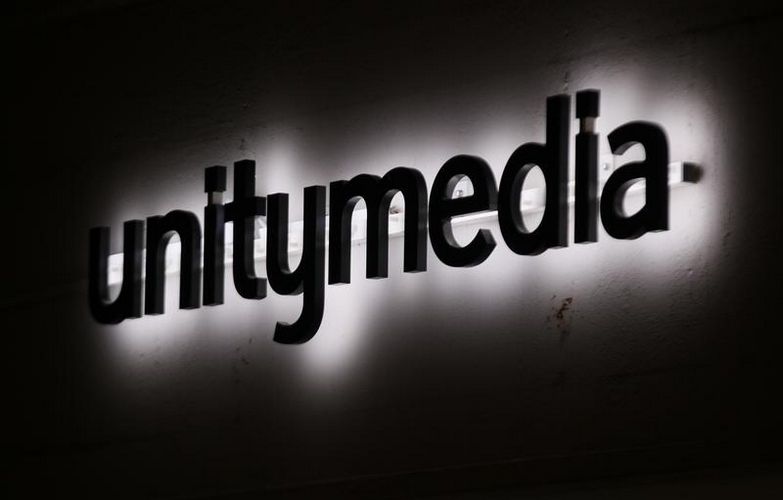Liberty Global broke with high-yield market convention yet again, allowing its German business Unitymedia to get a headstart on raising a new bond while other companies languished in blackout period.
The German cable firm priced a €500m 12NC6 senior secured bond on Wednesday, expected to be rated Ba3/BB, at par to yield just 3.5%. This was the tight end of 3.625% area guidance, and flat to fair value according to investors.
While Unitymedia is a frequent issuer, last raising a €1bn and USD550m senior secured bond in December, the new deal had a number of features believed to be market firsts.
Firstly, while the company has given its preliminary results for the fourth quarter of 2014, it has yet to publish audited numbers, which would usually be an impediment to issuance.
Unitymedia was able to jump the gun, however, because the new bonds will be held in escrow until the audited figures are released. Each figure presented in the bond’s offering memorandum then has to be within a 5% margin of error of the final numbers or the cash will be returned to investors.
Several market sources said this was the first time a European high-yield issuers had done this.
A banker on the deal said Unitymedia is able to break with convention as Liberty Global’s results are very comprehensive and the audited results should only be a couple of weeks away. The escrow has a longstop date of April 15, however.
Liberty is known for being one of the savviest issuers in the European high-yield market, and this is another example of the cable giant minimising the market risk of having to wait on the sidelines before issuing a deal.
“They timed it perfectly from a market window perspective,” said a banker away from the deal. “I don’t know how many other issuers could issue early like this, given Liberty’s visibility over numbers and the low risk of any material changes.”
He added that pricing was up to 25bp tighter than he anticipated.
But despite this tight pricing, the bond performed massively in the secondary market, bid at a cash price of 102 by Friday morning according to Tradeweb.
“The current environment is pushing a lot of rates people into the credit market, and with the investment-grade space so crowded you’ve got a lot of people dropping down into Double-Bs,” said a high-yield investor.
“While some features of the deal were a bit cheeky, it’s a strong well-run company at the end of day and there’s always going to be a bid for that.”
Special call
The other unusual aspect of the deal is its proceeds, with market participants also believing it is the first time a company has raised new bonds to finance a 10% call at 103 on existing bonds.
This ‘special mandatory redemption’ feature has become increasingly prevalent in the European high-yield market over the last few years, allowing issuers to repay 10% of the bonds at a price of 103 during the non-call period.
“Plenty of issuers have exercised the 103 provision, but this is the first time someone has raised new money to fund it,” said a banker on the deal.
“While this is a new technique, the provision has always been there to be used and we haven’t really heard anyone grumbling about it.”
Unitymedia is employing the provision on a raft of its 2023 and 2022 senior secured bonds. It is taking its €350m 5.625% April 2023 note down to €315m, its €500m 5.125% January 2023 down to €450m, its €500m 5.75% January 2023 down to €450m and its €650m 5.5% September 2022 down to €585m.
These reductions in principal total €200m and the company is also using €220m of the deal’s proceeds to fund a prepayment on an RCF.
Once again, market sources said that this new innovation was not expected to be widely adopted.
“I don’t know how many other companies could repeat this,” said the banker away from the deal.
“Unitymedia has a lot of discrete bonds with the 103 feature, even compared to other Liberty Global firms. The frictional cost of raising new debt to only refinance 10% of a deal would be too much for most other guys.”
Credit Suisse was lead left bookrunner on the deal, with JP Morgan and RBS as joint bookrunners.
